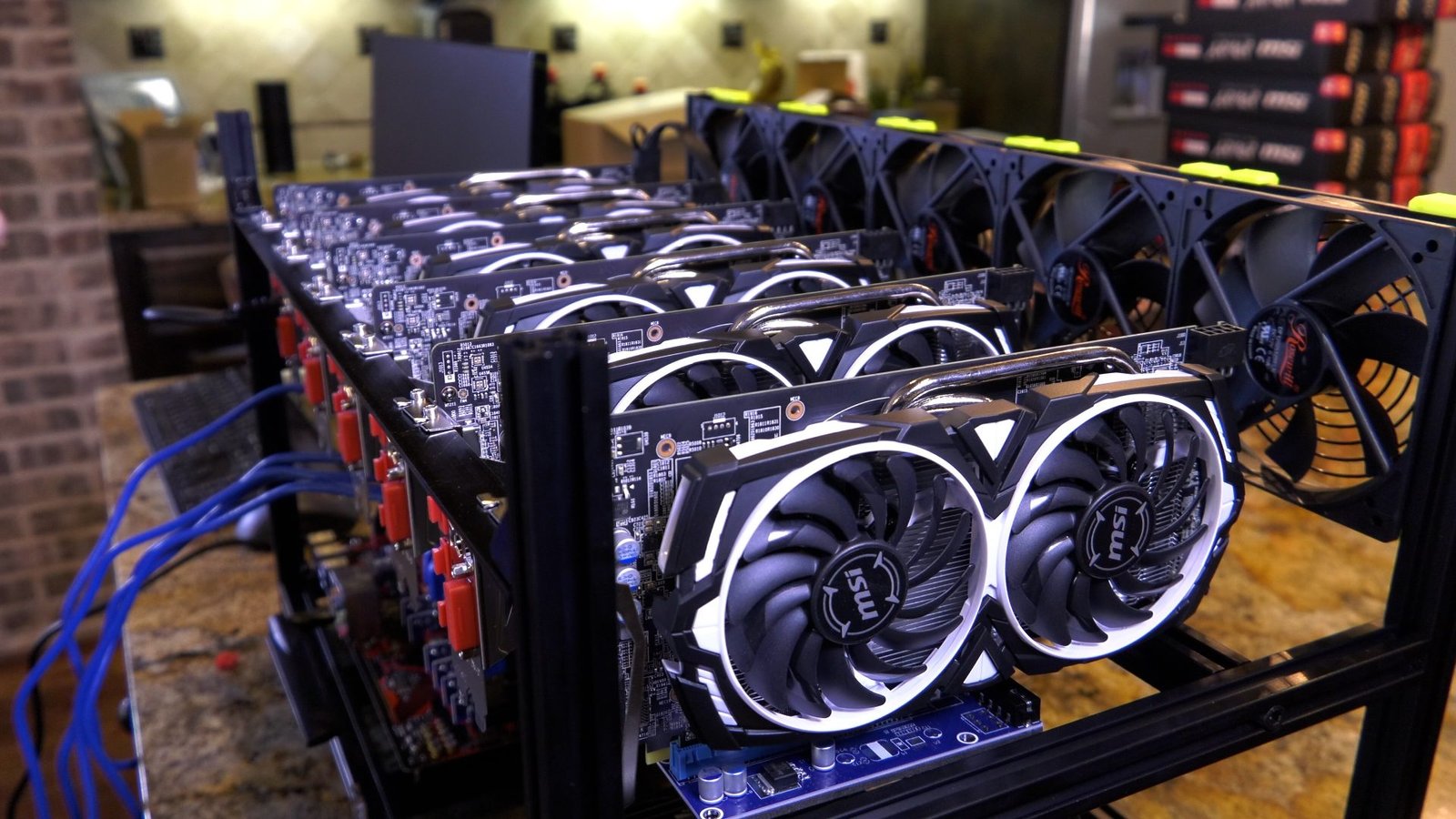How to trade cryptocurrency
Aside from congressional hearings, there are private sector crypto initiatives dedicated to solving environmental issues such as the Crypto Climate Accord and Bitcoin Mining Council. app pays you Bitcoin just to walk around In fact, the Crypto Climate Accord proposes a plan to eliminate all greenhouse gas emissions by 2040, And, due to the innovative potential of Bitcoin, it is reasonable to believe that such grand plans may be achieved.
Thanks to its pioneering nature, BTC remains at the top of this energetic market after over a decade of existence. Even after Bitcoin has lost its undisputed dominance, it remains the largest cryptocurrency, with a market capitalization that surpassed the $1 trillion mark in 2021, after Bitcoin price hit an all-time high of $64,863.10 on April 14, 2021. This is owing in large part to growing institutional interest in Bitcoin, and the ubiquitousness of platforms that provide use-cases for BTC: wallets, exchanges, payment services, online games and more.
Hier bij CoinMarketCap werken we erg hard om ervoor te zorgen dat alle relevante en up-to-date informatie over cryptocurrencies, munten en tokens op één gemakkelijk vindbare plaats gelokaliseerd kan worden. Vanaf het begin was het doel van de site om de nummer één online locatie zou worden voor gegevens over de cryptomarkt, en we werken er hard aan om onze gebruikers te voorzien van onze objectieve en nauwkeurige informatie.
Cryptocurrency mining
Our Cryptocurrency miner, mining and cloud computing platforms have features unparalleled by other leading crypto mining software. From automated mining with Cudo Miner, to an end-to-end solution that combines stats, monitoring, automation, auto adjusting overclocking settings, reporting and pool integrations with Cudo Farm. We have a solution for all miners from PC / laptop owners to large scale mining farms. Our platforms create efficiency and reduce manual intervention by up to 95%, while increasing profitability.
Cudo offsets all carbon energy used by its own mining infrastructure and the Cudo business by investing in carbon credits, which directly support projects generating active carbon reductions. These projects are only made possible by the funds from this practice.
Cudo Miner is super easy and secure to download, in fact, over 100,000 gamers already have, and they love it. Why? Because whenever they want some down-time from gaming, we have their backs in earning some cash for Steam vouchers, in-app purchases, or even cold hard cash.
Cudo Miner is simple enough for anyone to get started with, yet has features and benefits essential to Pro miners. It provides the highest profitability in the industry and it’s the only miner where you can actually earn the coin of your choice while mining the other more efficient coins, so you always get the most profitable solution.
Antivirus software will typically flag up any unrecognised applications, so with Cudo Miner being new to the market you needn’t be alarmed by this. You will need to accept the message and the software will be allowed to continue the installation.

China cryptocurrency
Blockchain has shown some technical limitations and deficiencies. At the end of 2017, due to deteriorating transfer speed and growing transaction costs, many individuals turned to Bitcoin Cash, resulting in a fluctuation of the Bitcoin price. At the same time, faced with threats such as quantum computing – a new generation of machines that experts say could crack Bitcoin by 2027 – miners and the companies involved in blockchain technology are busy searching for solutions. A company called Hcash has used ring-signature cryptography to attempt to overcome the quantum risk, and is confident it can protect Bitcoins long-term.
MiCA has been broadly welcomed by the industry because of its ability to increase credibility, promote adoption by conventional banks and offer crypto companies a single licence to operate across the EU. According to European Commission’s Mairead McGuiness: “We’re glad that we’re leading on this (…) we do think there needs to be international cooperation because it’s important that we don’t regulate on our own.”
With the common prosperity programme, China aims to curb capital flight and encourage the domestic circulation of people’s wealth. China’s attempts at wealth redistribution would be far more difficult to accomplish if the rich circumvented China’s already strict capital controls through offshore cryptocurrency exchanges and acquired overseas assets.
That Executive Order commits the White House to taking part in research on cryptocurrencies and to engaging departments across the government to collaborate in the creation of a regulatory framework for digital assets. It also outlines a “whole-of-government approach to addressing the risks and harnessing the potential benefits of digital assets and their underlying technology.”
Most important of all – and this goes well beyond China – excessive digitalization, surveillance, and centralized data ownership are our generation’s greatest and most pervasive threats to personal freedom and the modern democracy. We are witnessing by far the largest political and psychological backlash against technology globally since the first internet boom. A central-bank-backed cryptocurrency might well be a smart and inevitable step to serve crucial national interests. It might also provide great convenience in our daily lives. However, without much reflection, we have already given tremendous amounts of valuable personal data to centralized institutions and corporations in exchange for convenience or to satisfy our vanity. If countries start to issue digital currencies and we subsequently surrender our personal transaction data as well, how much more convenience we need before we realize it is too late and too impossible to be free?
New applications and models such as tokenization, decentralized finance, NFTs (non-fungible tokens) and decentralized autonomous organizations challenge traditional models that outline who is currently considered a “person,” what is “value” and how this “value” can be transacted. This threatens to come into direct conflict with existing regulations pertaining to cross-border data flows, intellectual property rights and capital controls. It could also lead to ambiguity in the taxation environment, as well as posing a host of other policy concerns.